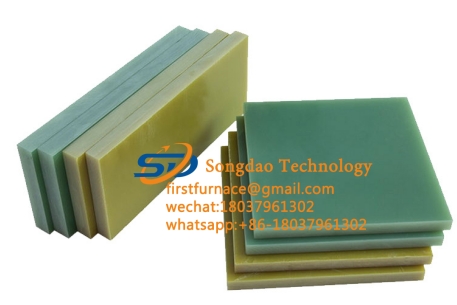- 10
- Feb
SMC insulation board manufacturers talk about the characteristics of insulation materials
SMC insulation board manufacturers talk about the characteristics of insulation materials
①Most plastics are light in weight, chemically stable, and will not rust;
②Good impact resistance;
③It has good transparency and wear resistance;
④Good insulation and low thermal conductivity;
⑤General formability, good colorability, low processing cost;
⑥Most plastics have poor heat resistance, high thermal expansion rate and easy to burn;
⑦Poor dimensional stability and easy deformation;
⑧Most plastics have poor low temperature resistance and become brittle at low temperature;
⑨ Easy to age;
⑩ Some plastics are easily soluble in solvents.
Plastics can be divided into two categories: thermosetting and thermoplastic. The former cannot be reshaped and used, and the latter can be repeatedly produced. There are basically two types of structures of plastic polymers:
The first is the linear structure, and the polymer compound with this structure is called a linear polymer compound;
The second is the body type structure, and the polymer compound with this structure is called the body type polymer compound.
Some polymers have branched chains, called branched polymers, which belong to a linear structure. Although some polymers have cross-links between molecules, they are less cross-linked, which is called a network structure and belongs to a body structure. Two different structures, showing two opposite properties. The linear structure (including branched structure) polymers have the characteristics of elasticity and plasticity due to the existence of independent molecules, which can be dissolved in solvents, can be melted by heating, and have low hardness and brittleness. Since there is no independent macromolecules, the body-shaped polymer has no elasticity and plasticity, cannot dissolve and melt, but can only swell, and has high hardness and brittleness. Plastics have two structures of polymers, thermoplastics made of linear polymers, and thermosetting plastics made of bulk polymers.

